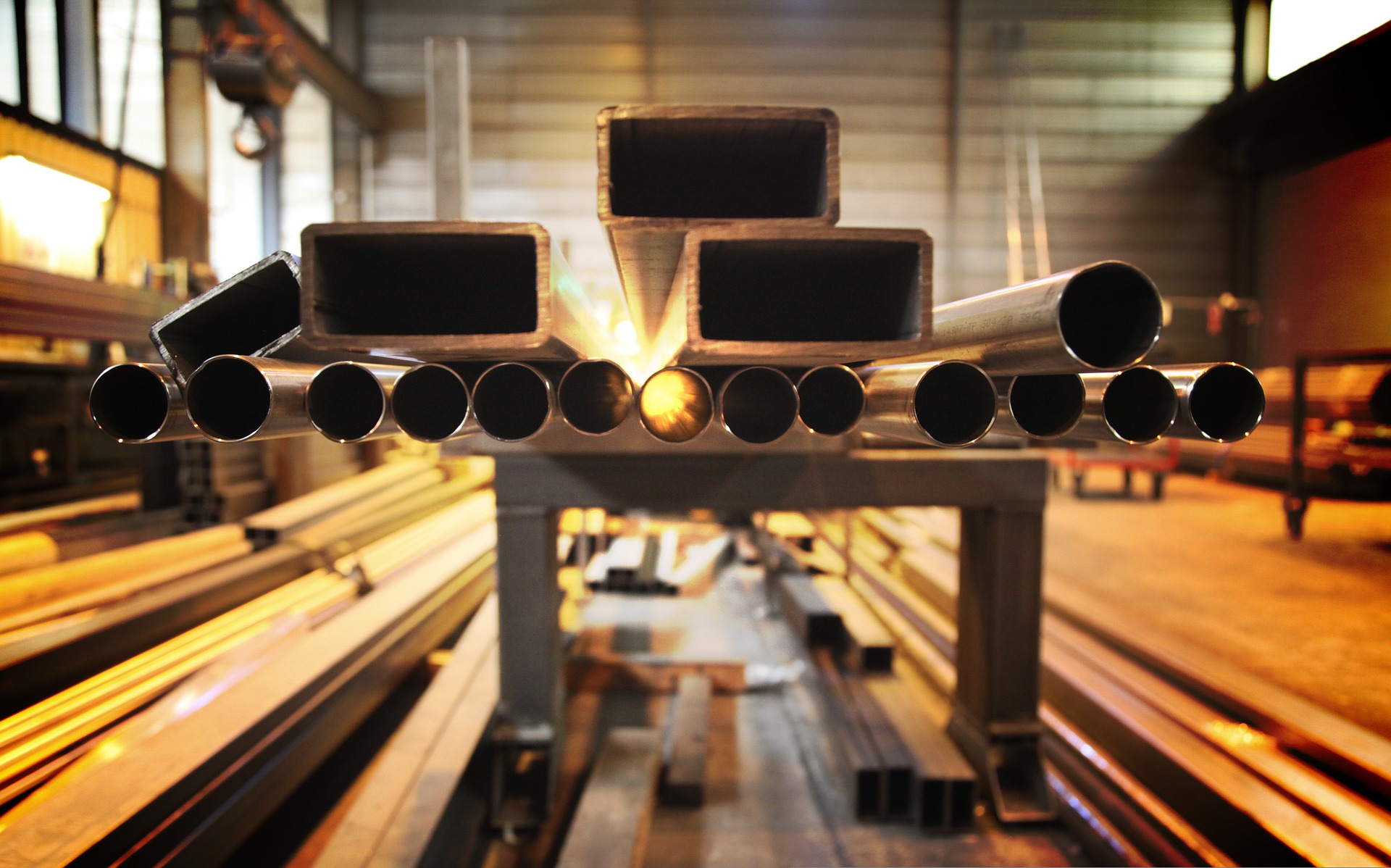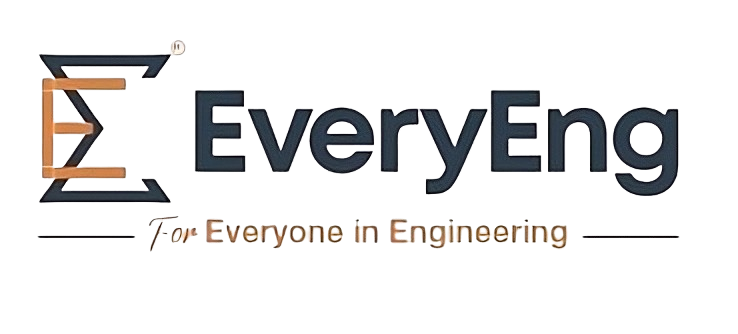
Engineering Materials - Material Classification
$ 20
Why enroll
Opportunities that awaits you!

Earn a course completion certificate
Add this credential to your LinkedIn profile, resume, or CV. Share it on social media and in your performance review
Course details
Course suitable for
Key topics covered
Training details
This is a live course that has a scheduled start date.
Live session
Our Alumni Work At
Why people choose EveryEng
Industry-aligned courses, expert training, hands-on learning, recognized certifications, and job opportunities—all in a flexible and supportive environment.
- Industry Veteran
- Trainer Review

Penta Global Engineering
Engineering education should be hands-on, and that’s exactly what EveryEng provides. From interactive Q&A sessions to on-the-job training, this platform offers everything a modern engineer needs to succeed!

SaiDeepa
I’m amazed by the depth of knowledge available on EveryEng. The platform covers various engineering topics in detail, making learning both exciting and rewarding. I would highly recommend it to everyone!

SLB
I never imagined an online learning platform could be this effective! EveryEng’s courses are top-notch, the mentors are industry experts, and the skills my team gained have made a real difference in the performance!"

BBC
EveryEng is the perfect platform for engineers at all stages of their careers. The courses are practical, engaging, and industry-relevant. You can learn so much and feel more confident professionally.

Subsea7
I was searching for a reliable platform to expand my engineering knowledge, and EveryEng exceeded my expectations. The content and courses are well-structured, informative, and taught by experienced professionals. A great platform for Engineers!
Questions and Answers
No questions yet - Be the first one to ask!

















